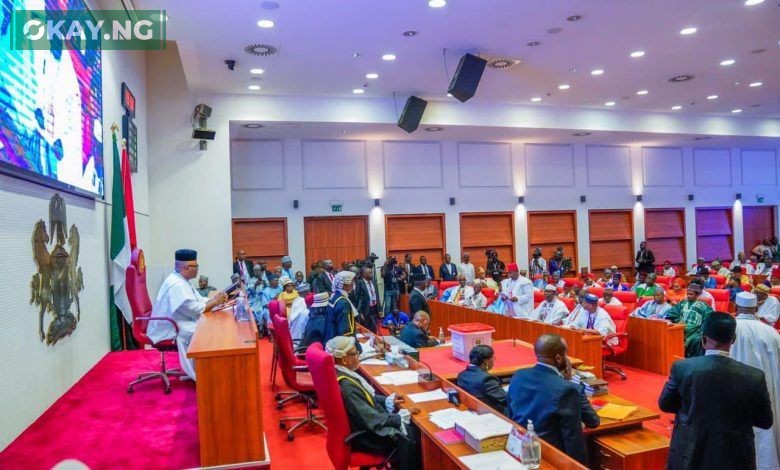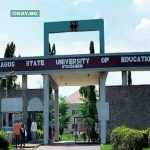After a prolonged legislative break, the Nigerian Senate has reconvened to address a backlog of critical national issues, including long-awaited debates on security and electoral reforms that many citizens consider vital to the country’s stability and democratic progress.
The Senate had earlier postponed its resumption from September 23 to October 7, 2025, extending its annual recess by two additional weeks. This delay effectively halted discussions on several major policy matters, creating heightened public anticipation for the new legislative session.
Among the bills now listed for immediate consideration are the proposed National Security Summit, amendments to the Electoral Act, the Constitution Alteration Bill (2025), and the National Assembly Budget and Research Office Bill—a two-decade-old proposal designed to improve fiscal accountability through independent budget analysis.
In an internal communication signed by Chinedu Akubueze, Chief of Staff to Senate President Godswill Akpabio, lawmakers were informed of the new resumption date. The notice read:
“This is to respectfully inform Distinguished Senators that the resumption of plenary sitting of the Senate, earlier scheduled for Tuesday, September 23, 2025, has been shifted to Tuesday, October 7, 2025. Any inconvenience this short notice may cause is deeply regretted.”
Although the memo did not specify the reason for the extension, insider sources revealed that the adjustment allowed senators to participate fully in Nigeria’s Independence Day celebrations on October 1.
However, the delay sparked public concern as key national conversations—especially the security summit—remained on hold. The summit is expected to shape a new strategic framework against worsening insecurity across the country.
Senate Leader Opeyemi Bamidele, who chairs the 20-member ad hoc committee in charge of organizing the summit, had earlier emphasized the importance of community-driven solutions to security challenges.
He stated,
“No amount of investment in infrastructure will yield meaningful results without peace and stability.”
Also up for consideration is the Constitution Alteration Bill (SB. 855), sponsored by Senator Sunday Karimi (Kogi West), which seeks to modify specific sections of the 1999 Constitution that have long been criticized as inadequate for modern democratic governance.
Senate President Akpabio has continued to highlight the chamber’s productivity, noting that as of June, the 10th Senate had deliberated on 844 legislative items, including 26 executive bills, with another 499 pending second reading.
According to him,
“It is a record that has not been held by any Nigerian Senate in two years.”
Despite these achievements, critics argue that frequent adjournments and recesses have slowed legislative progress, especially on matters of security, electoral credibility, and economic stability. Many observers insist that the coming weeks will be a crucial test of whether the Senate can transform its promises into tangible action.
Okay News reports that the upper chamber’s return marks a significant moment for Nigeria’s democracy, with citizens watching closely to see how lawmakers address pressing challenges that affect national peace and development.




